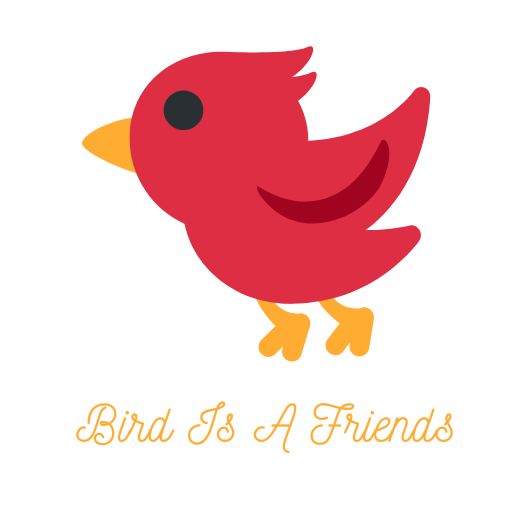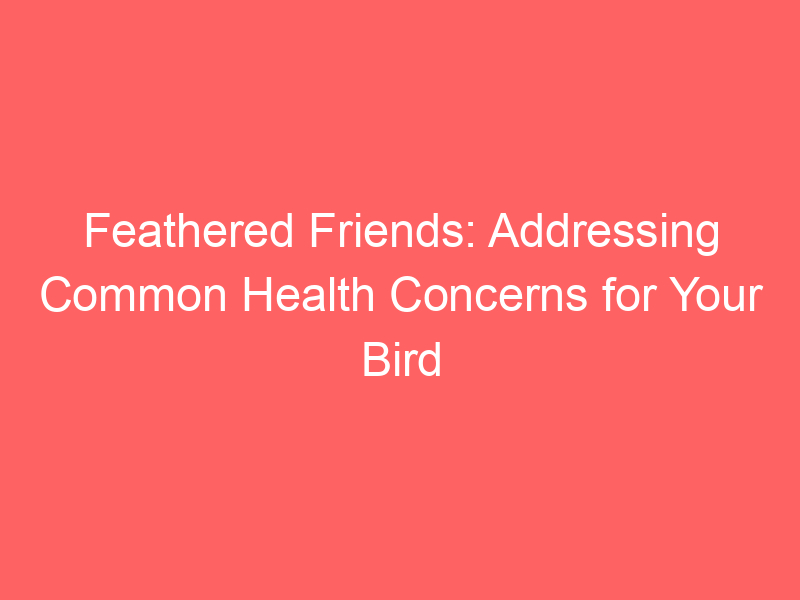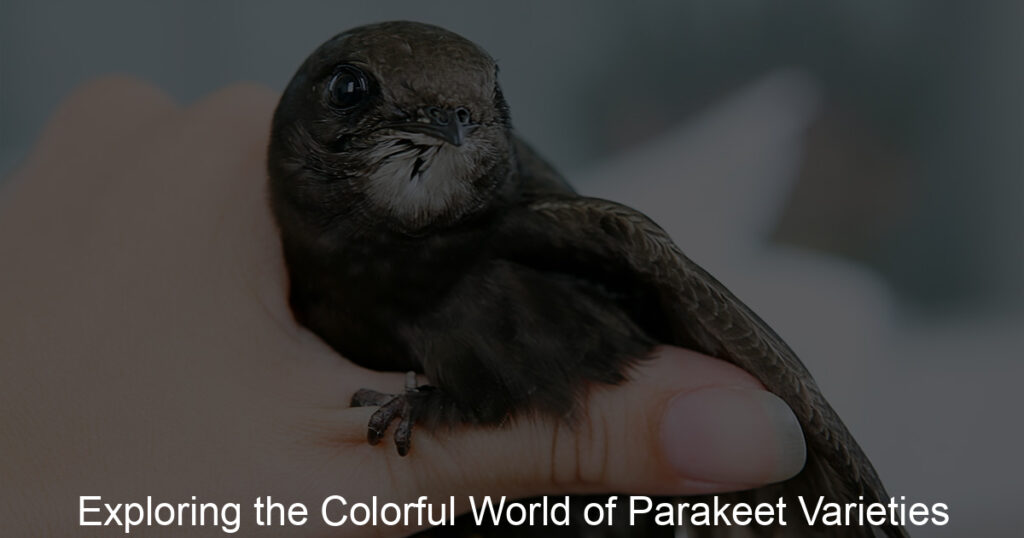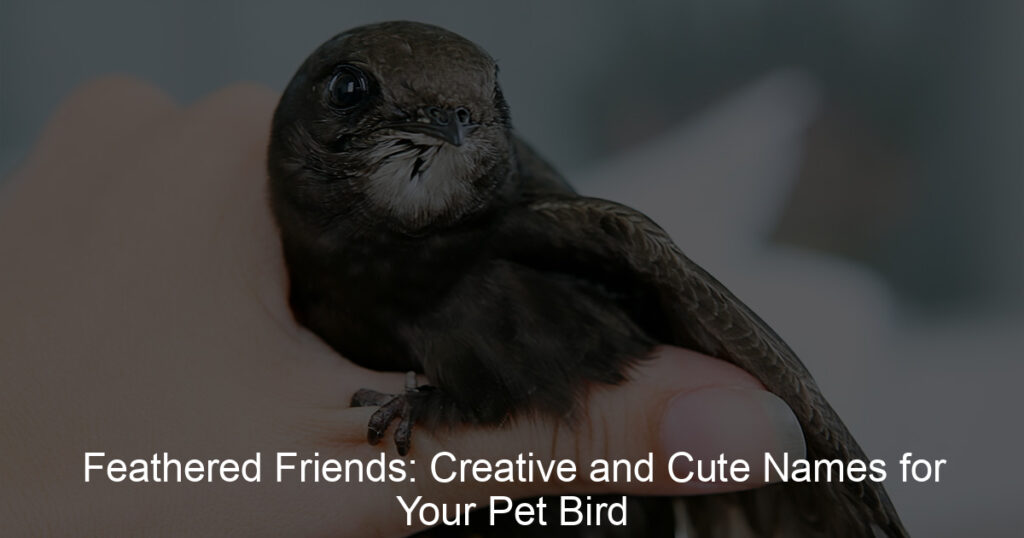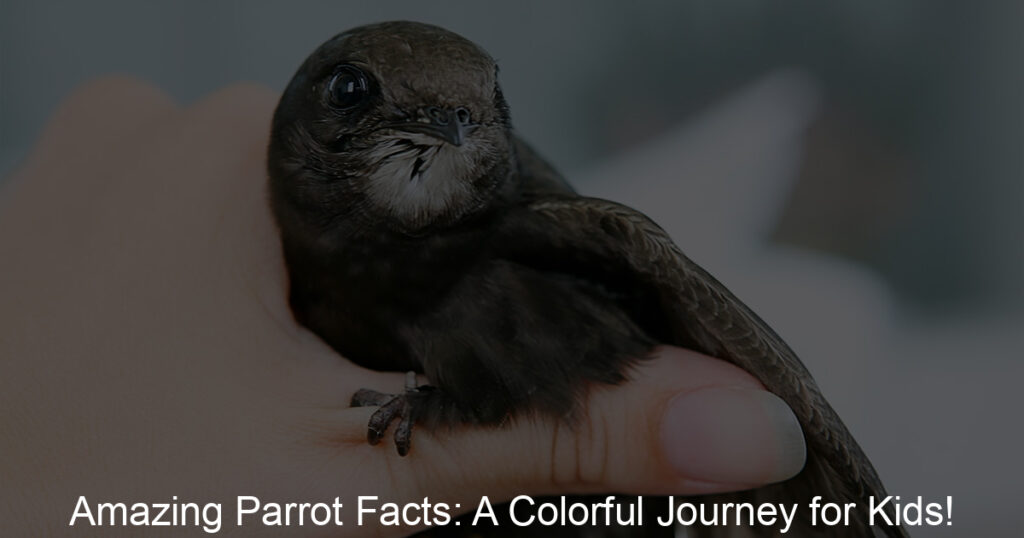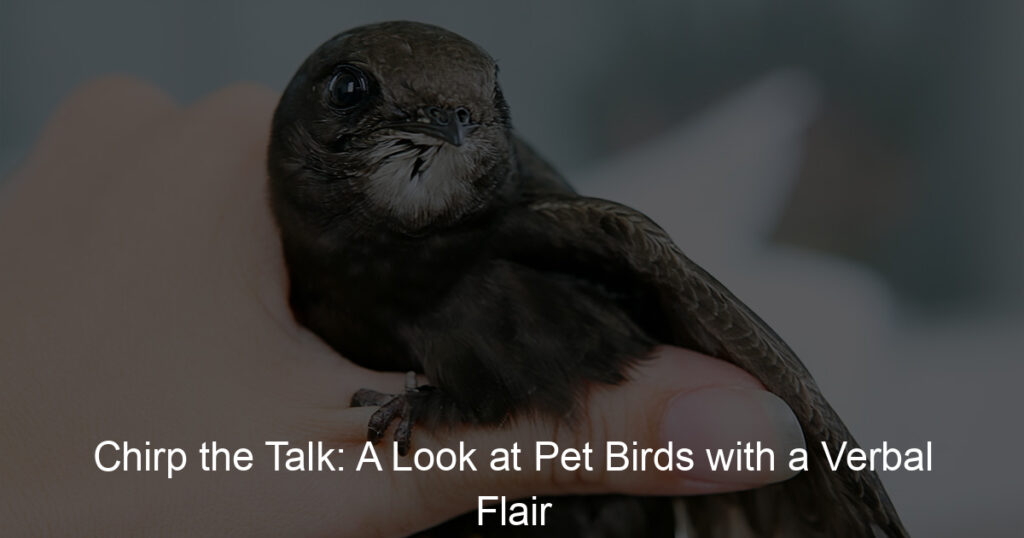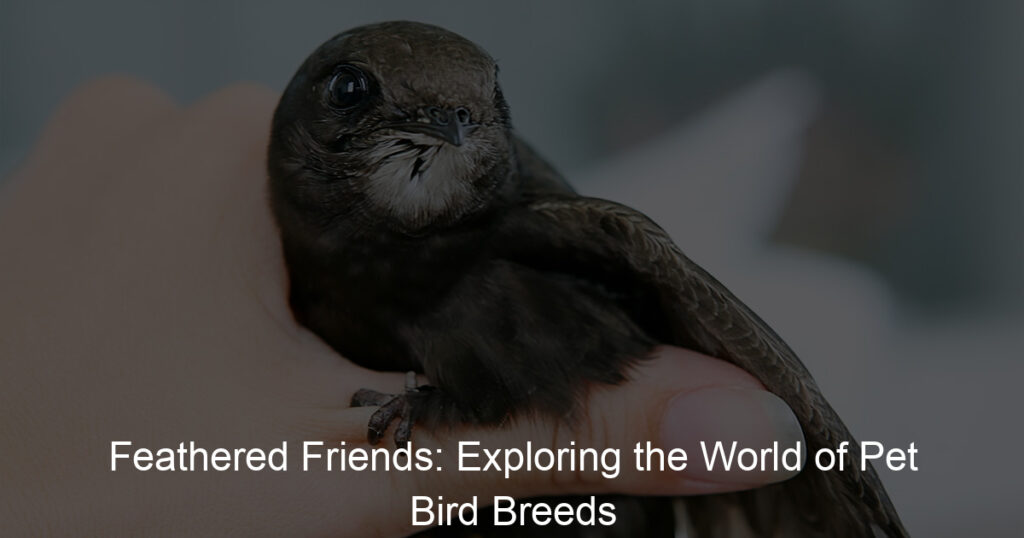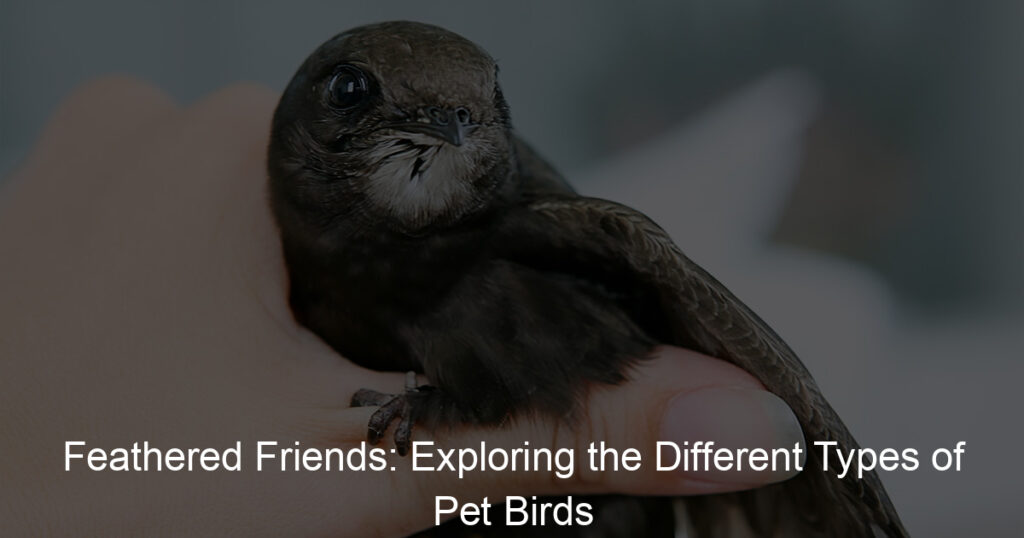
Introduction to Bird Health Care
When it comes to our feathered friends, understanding their health is paramount. This article will provide a comprehensive overview of bird health care, highlighting the importance of understanding bird health, common bird health issues, and how to address these concerns.
- Importance of Understanding Bird Health
- Common Bird Health Issues
- Addressing Bird Health Concerns
Understanding bird health is crucial for every bird owner. Birds, like any other pet, require proper care and attention to thrive. Their health can be a direct reflection of the quality of care they receive. By understanding bird health, you can ensure your bird lives a long, happy, and healthy life.
Birds can suffer from a variety of health issues. Some of the most common include feather plucking, respiratory problems, and digestive issues. Feather plucking can be a sign of stress or boredom, while respiratory problems can be caused by poor air quality or infection. Digestive issues can be a result of an improper diet or illness. It’s important to recognize these signs early to provide your bird with the necessary care.
Addressing bird health concerns promptly is key to maintaining your bird’s overall health. If you notice any changes in your bird’s behavior, appearance, or eating habits, it’s important to consult with a veterinarian. Regular check-ups can also help detect any potential health issues early. Additionally, providing a balanced diet, clean environment, and mental stimulation can help prevent many common bird health issues.
In the following sections, we will delve deeper into bird care tips, common health problems and their solutions, and preventative measures you can take to ensure your bird’s health. Stay tuned for more informative content on bird health care.
Bird Care Tips for Maintaining Your Bird’s Health
One of the most important aspects of maintaining your bird’s health is understanding and implementing proper feeding and nutrition habits. Let’s delve into this crucial topic.
Feeding and Nutrition
Feeding your bird correctly is a fundamental part of bird care. It’s not just about providing food; it’s about understanding bird nutrition, choosing the right bird food, and supplementing your bird’s diet when necessary.
- Understanding bird nutrition
- Choosing the right bird food
- Supplementing your bird’s diet
Birds, like humans, require a balanced diet to stay healthy. This includes proteins, carbohydrates, fats, vitamins, and minerals. Each bird species has unique nutritional needs, so it’s essential to research your specific bird’s dietary requirements.
Once you understand your bird’s nutritional needs, the next step is to choose the right bird food. Commercial bird food often provides a good balance of nutrients, but make sure to read the ingredients. Look for foods that contain a variety of grains, seeds, and dried fruits, and avoid those with artificial colors or preservatives.
Even with the best bird food, your feathered friend may need additional supplements. This could include fresh fruits and vegetables, calcium for birds that lay eggs, or vitamin D for birds that don’t get enough sunlight. Always introduce new foods slowly and monitor your bird for any changes in behavior or droppings.
Remember, a well-fed bird is a happy and healthy bird. By understanding bird nutrition, choosing the right bird food, and supplementing your bird’s diet as needed, you can help ensure your bird lives a long, healthy life.
Hygiene and Cleanliness
Keeping your bird clean and its environment hygienic is crucial for its health. Here are some key aspects to consider:
- Cleaning your bird’s cage
A clean cage is a healthy cage. It’s important to clean your bird’s cage at least once a week. This includes removing and replacing the cage liner, washing the cage bars and base with warm soapy water, and cleaning the toys and perches. Remember to rinse everything thoroughly to remove any soap residue. A clean cage helps prevent the spread of bacteria and parasites that can harm your bird’s health.
- Bird grooming tips
Regular grooming is essential for your bird’s wellbeing. This includes trimming their nails, cleaning their beak, and bathing them. Some birds enjoy a gentle misting with lukewarm water, while others prefer to bathe in a shallow dish. Always make sure your bird is completely dry before returning them to their cage to prevent them from getting chilled.
- Importance of clean water
Just like humans, birds need fresh, clean water for drinking and bathing. Change your bird’s water daily, and clean the water dish to prevent the growth of bacteria. Providing clean water is one of the simplest yet most effective ways to maintain your bird’s health.
| Aspect | Description |
|---|---|
| Cleaning the cage | Clean at least once a week, including the cage liner, bars, base, toys, and perches. |
| Grooming | Regularly trim nails, clean beak, and bathe your bird. |
| Water | Provide fresh, clean water daily for drinking and bathing. |
Remember, a clean bird and a clean environment are key to maintaining your bird’s health. By following these tips, you can ensure your bird stays happy and healthy.
Common Bird Health Problems and Solutions
One of the most common health problems that birds face is respiratory issues. It’s crucial to understand how to identify and address these problems to ensure your bird remains healthy and happy.
Respiratory Issues
Respiratory issues in birds can be quite serious. They can lead to discomfort and, in severe cases, can be life-threatening. Let’s discuss how to identify and address these issues.
- Identifying respiratory issues
- Addressing respiratory issues
Identifying respiratory issues in birds can be tricky, but there are a few signs to look out for. Birds with respiratory problems may breathe with their beaks open, make wheezing or clicking sounds, or have a change in their voice. They may also show signs of fatigue or loss of appetite. If you notice any of these symptoms, it’s important to consult with a veterinarian immediately.
Addressing respiratory issues in birds involves a combination of veterinary care and home management. Your vet may prescribe antibiotics or other medications to treat the underlying cause of the respiratory problem. At home, you can help your bird by maintaining a clean and dust-free environment, providing a balanced diet, and ensuring they get plenty of rest. Remember, early detection and treatment can significantly improve your bird’s prognosis.
In conclusion, respiratory issues are a common health problem in birds. By learning how to identify and address these issues, you can help ensure your bird lives a long and healthy life. Remember, if you have any concerns about your bird’s health, always consult with a professional veterinarian.
Digestive Problems
Just like us, birds can also experience digestive problems. These issues can affect their overall health and happiness. Let’s explore some of the common digestive problems in birds and how we can solve them.
- Common digestive problems in birds
There are several digestive issues that birds can face. Some of these include:
| Problem | Description |
|---|---|
| Avian Gastric Yeast (AGY) infection | This is a type of yeast infection that can cause loss of appetite, weight loss, and vomiting in birds. |
| Crop impaction | This happens when a bird’s crop (a pouch in their throat where they store food) gets blocked with food or other materials. |
| Proventricular Dilatation Disease (PDD) | PDD affects the bird’s ability to digest food properly, leading to weight loss and other health issues. |
- Solutions for digestive problems
Thankfully, there are ways to help your bird if they are dealing with a digestive issue. Here are some solutions:
- Visit a vet: If you notice any signs of digestive problems in your bird, the first step is to take them to a vet. They can diagnose the issue and provide the right treatment.
- Proper diet: Feeding your bird a balanced diet can help prevent many digestive problems. This includes a mix of seeds, fruits, vegetables, and bird-safe pellets.
- Regular exercise: Regular physical activity can help keep your bird’s digestive system healthy. Allow your bird out of its cage for supervised playtime every day.
Remember, the key to a healthy bird is prevention. Regular check-ups, a balanced diet, and plenty of exercise can go a long way in keeping your feathered friend happy and healthy.
Preventing Bird Health Issues: A Comprehensive Guide
Keeping your bird healthy is a top priority. This guide will provide you with a comprehensive understanding of how to prevent common bird health issues. By following these preventive measures, you can ensure your bird lives a long, happy, and healthy life.
Preventive Measures
Prevention is always better than cure. Here are some proactive steps you can take to prevent health issues in your bird:
- Regular vet check-ups: Just like humans, birds need regular check-ups too. A vet can spot potential health issues before they become serious. It’s recommended to take your bird for a check-up at least once a year. Regular vet visits can help detect problems early and keep your bird in the best possible health.
- Proper diet and exercise: A balanced diet is crucial for your bird’s health. Different species of birds require different types of food. Make sure you’re feeding your bird the right foods for its species. Exercise is also important. Allow your bird plenty of time outside of its cage to fly and play. This helps keep your bird’s muscles strong and its mind stimulated.
- Keeping the bird’s environment clean: A clean environment is essential for preventing disease. Regularly clean your bird’s cage, food dishes, and toys. This can help prevent the spread of bacteria and parasites that could harm your bird. Also, make sure your bird’s living area is well-ventilated and free from drafts. A clean, comfortable environment can significantly contribute to your bird’s overall health.
By following these preventive measures, you can help ensure your bird stays healthy and happy. Remember, a healthy bird is a happy bird!
Recognizing Early Signs of Illness
One of the best ways to ensure your bird’s health is to be aware of the early signs of illness. By catching these signs early, you can take action to prevent the illness from getting worse. Here are some signs you should look out for:
- Changes in Behavior
- Physical Changes
- Changes in Eating Habits
Birds are creatures of habit. They have a regular routine that they follow every day. If you notice any sudden changes in your bird’s behavior, it could be a sign of illness. For example, if your bird is usually active and suddenly becomes lethargic, or if it becomes unusually aggressive, it could be a sign that something is wrong.
Physical changes are another sign of potential illness. If your bird’s feathers lose their shine, or if it starts losing feathers without any apparent reason, it could be a sign of illness. Other physical changes to look out for include changes in the color of the bird’s droppings, changes in the bird’s weight, or any visible injuries.
Changes in eating habits can also indicate a potential health issue. If your bird is eating less than usual, or if it’s eating more but not gaining weight, it could be a sign of illness. Similarly, if your bird is drinking more water than usual, it could be a sign of a health problem.
Remember, these are just potential signs of illness. If you notice any of these changes in your bird, it’s important to consult with a vet as soon as possible. Early detection and treatment can make a big difference in your bird’s health.
Understanding Bird Health: Case Studies
Let’s delve deeper into bird health by examining some real-life case studies. These examples will give us a better understanding of common health issues in birds and how they can be prevented or treated.
-
Case study 1: Respiratory issues in parakeets
Parakeets, also known as budgies, are small birds that are often kept as pets. They are susceptible to respiratory issues, which can be caused by a variety of factors such as poor air quality, exposure to smoke, or bacterial infections.
In one case, a pet parakeet began to show signs of respiratory distress, including rapid breathing and a loss of appetite. The bird’s owner took it to a vet, who diagnosed it with a bacterial infection. The vet prescribed antibiotics, and the bird’s condition improved significantly after a few days of treatment.
This case highlights the importance of paying attention to your bird’s behavior and seeking veterinary care if you notice any changes.
-
Case study 2: Digestive problems in canaries
Canaries are known for their beautiful songs and vibrant colors. However, they can also suffer from digestive problems, which can be caused by a poor diet or parasitic infections.
In a particular case, a canary began to lose weight and show signs of discomfort. The bird’s owner took it to a vet, who diagnosed it with a parasitic infection in its digestive tract. The vet prescribed medication to kill the parasites, and the bird’s condition improved after a few weeks of treatment.
This case emphasizes the importance of providing your bird with a balanced diet and regular health check-ups.
-
Case study 3: Preventive measures in cockatiels
Cockatiels are popular pet birds known for their friendly and affectionate nature. They can live up to 20 years with proper care, but they are prone to certain health issues.
In one case, a cockatiel owner took proactive steps to prevent health issues in their bird. They provided the bird with a balanced diet, clean living conditions, and regular veterinary check-ups. As a result, the bird remained healthy and lived a long life.
This case demonstrates the effectiveness of preventive measures in maintaining your bird’s health.
In conclusion, understanding bird health requires knowledge, observation, and preventive measures. By learning from these case studies, we can better care for our feathered friends and ensure they live long, healthy lives.
Conclusion: Ensuring Your Bird’s Health
As we wrap up our comprehensive guide on bird health, let’s take a moment to recap the key points we’ve covered. The health and happiness of your feathered friend depend on the care you provide. By following the tips and advice we’ve discussed, you can ensure your bird lives a long, healthy, and happy life.
- Recap of bird health care tips: We’ve discussed a variety of tips to maintain your bird’s health. These include providing a balanced diet, ensuring a clean and safe environment, and offering plenty of mental and physical stimulation. Regular grooming and monitoring for signs of illness are also crucial. Remember, prevention is always better than cure.
- Importance of regular vet visits: Regular vet visits are essential for maintaining your bird’s health. A professional vet can detect early signs of illness and provide necessary treatment. They can also offer valuable advice on diet and care. Aim for at least one vet visit per year, or more if your bird is older or has health issues.
- Final thoughts on maintaining bird health: Caring for a bird is a big responsibility, but it’s also a rewarding experience. By understanding your bird’s needs and providing the right care, you can enjoy the companionship of your feathered friend for many years. Remember, a healthy bird is a happy bird!
Thank you for taking the time to read our guide on bird health. We hope you’ve found it informative and helpful. With the right knowledge and care, you can ensure your bird stays healthy and thrives. Happy bird-keeping!
